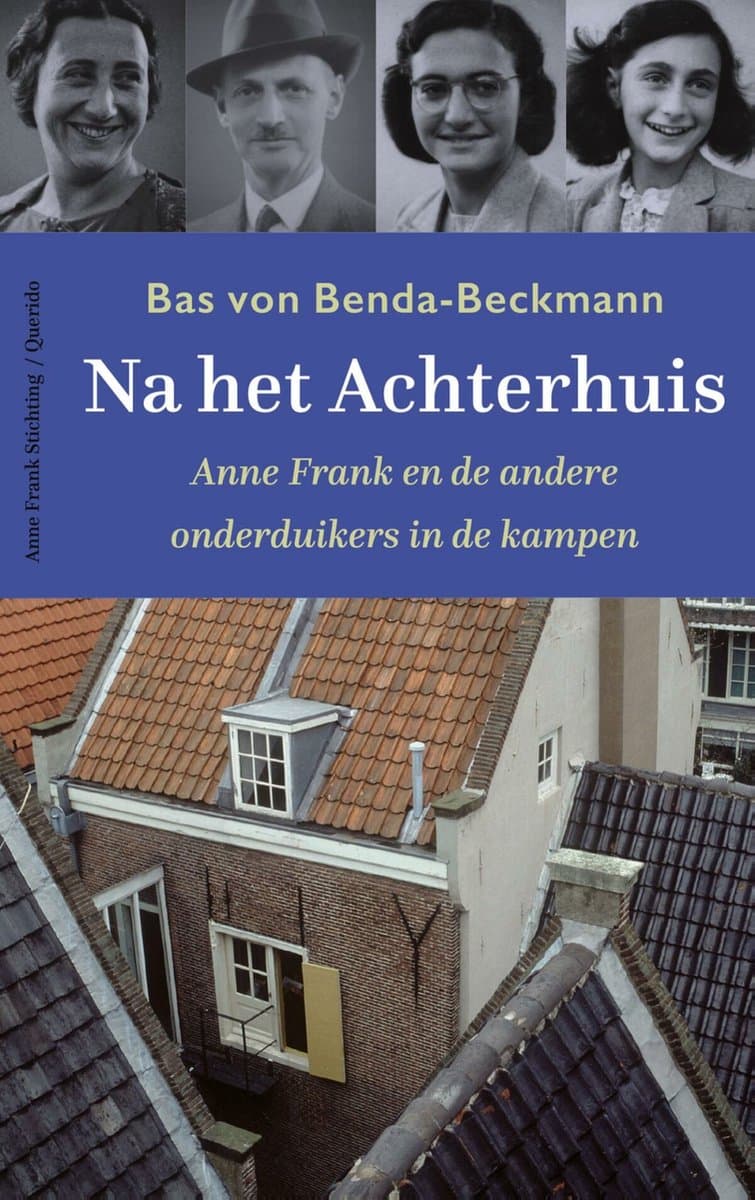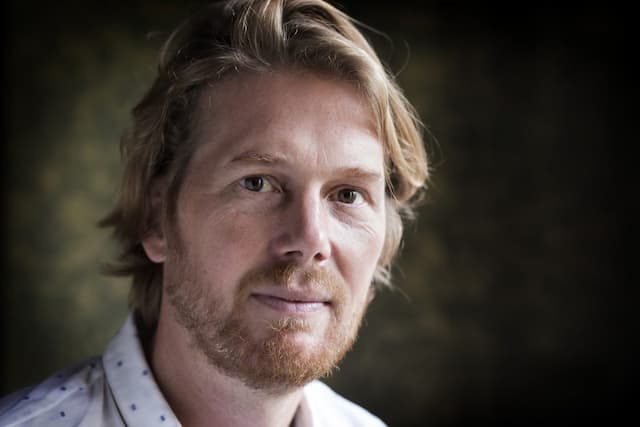A Tablecloth for Hitler
A rich family history of resistance and collaboration
Growing up in a German-Dutch family, historian Bas von Benda-Beckmann developed a particular interest in the Second World War. His grandmother’s sister had been married to Hitler’s most trusted general Alfred Jodl, who was hanged for war crimes at the Nuremberg Trials. Another sister, meanwhile, had turned away from Nazism when she fell in love with a half-Jewish doctor, and personally knew those involved in Hitler’s failed assassination attempt in 1944.
.jpg&w=3840&q=75)
At the centre of his family history was a mythical embroidered tablecloth, supposedly once gifted to Hitler for personally disqualifying a Jewish member of the Von Benda family tree, and apparently gifted in turn by the Fuhrer to General Franco on a state visit. In A Tablecloth for Hitler, Von Benda-Beckmann delves into the truth behind this story and the Nazi past of his grandparents and their siblings.
In charting his family’s changing fortunes – from wealthy friends of Kaizer Wilhelm II before WW1, to landed gentry fallen on hard times amid political unrest, to Nazi party members and WW2’s aftermath – he depicts his family’s political shift from liberal conservative, to conservative socialist, to national socialist.
The Von Bendas’ various functions throughout the Third Reich, and the extensive archival material they left behind, allow him to intimately reconstruct individual lives caught in the turbulent movements of History. In the end, Von Benda-Beckmann can find no evidence of there ever having been a tablecloth. Along the way, he does raise questions about family, mythology, morality and responsibility.
A Holocaust researcher examines his own family’s Nazi past
The author is from a German-Dutch family, with aristocratic roots in Germany
On the role of myth within families
A story of individual lives caught up in the turbulent movements of History
Year of publication
2023
Page count
672
Rights
Martijn Prins
m.prins@singeluitgeverijen.nl
Sample translation available
Never does his compassion lapse into a blindness to his ancestors’ responsibility. Never do the historian and the man writing about his family get in each other's way. Add to that Bas von Benda-Beckmann’s elegantly understated pen, and you have a fascinating book.
de Volkskrant
Bas von Benda-Beckmann’s family history reads like a something out of film.
Trouw
More Non-Fiction

After The Annex
When Anne Frank’s father, Otto, returned to Amsterdam from Auschwitz, he sought to uncover what had happened to his wife and two daughters, the Van Pels family and dentist Fritz Pfeffer – the seven companions with whom he had spent two years in hiding before their arrest by the Gestapo. He awaited their return at the train station each day, photographs of them in hand. Tragically, after piecing together the stories of the few eyewitnesses he found, he would be forced to conclude that he alone had survived the Nazi death camps. Seventy-five years later, 'After the Annex' takes up Otto Frank’s project and carefully reconstructs each of their camp experiences in the final days of the Holocaust.

Entrepreneurs in the Wild
The dispiriting story of a club of white benefactors in Africa: how nature parks have been corralled by modern imperialism

Burdened House
A bestselling memoir about the space one occupies in society as a woman; about loneliness, fear and the choices we make in love.

Land of Thieves: Survival in the Middle Ages
Brilliantly-researched, groundbreaking reconstruction of daily life in the fifteenth century
